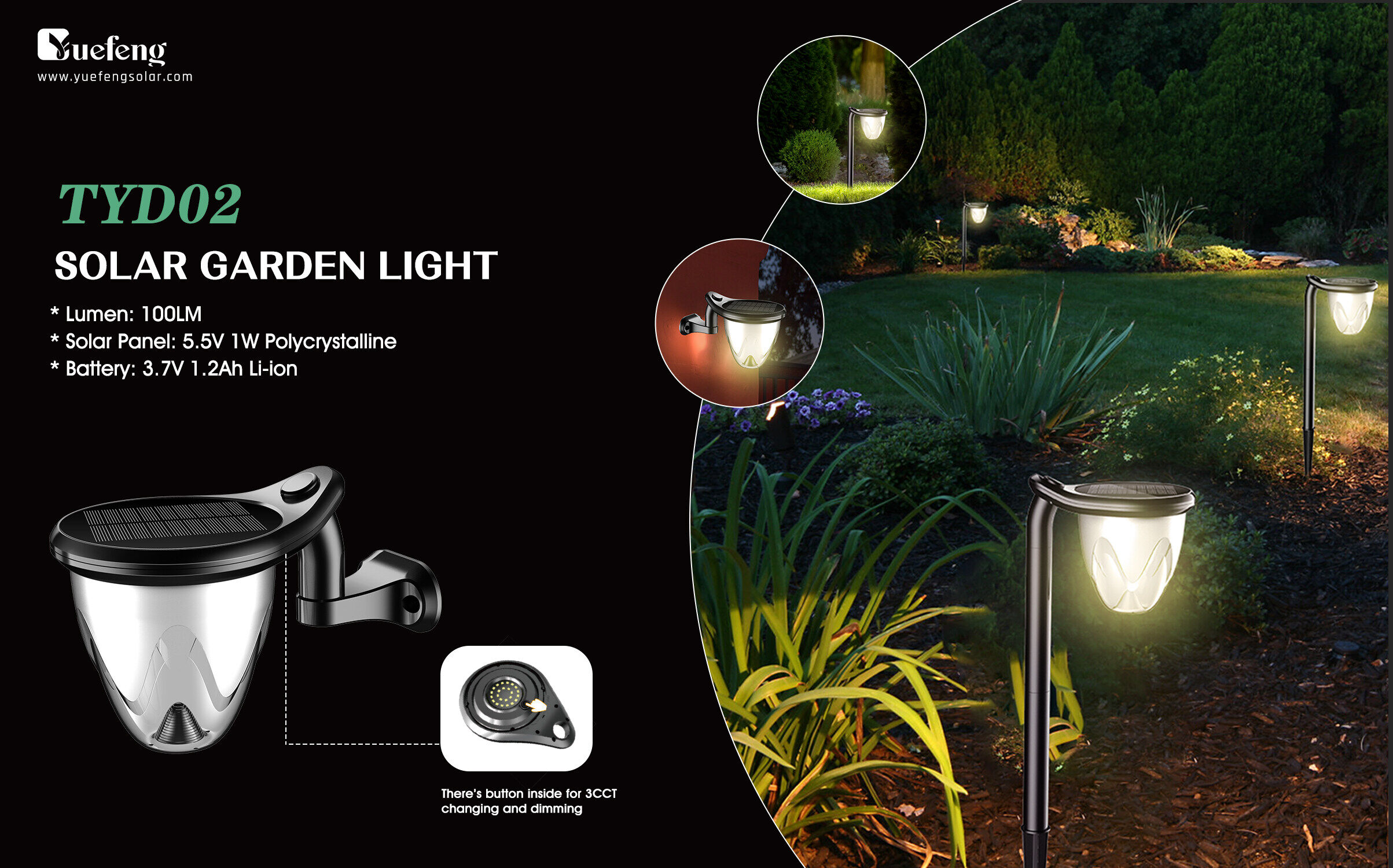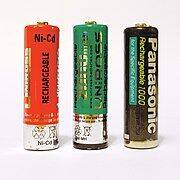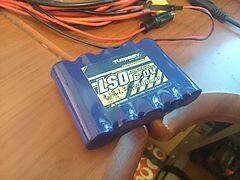
When considering outdoor or indoor lighting, safety is a top concern, and many wonder about the risks associated with solar lights. Rest assured, YUEFENG solar lights are designed with safety in mind, addressing common questions like can solar lights cause a fire or can solar lights catch fire. The answer is no—these lights use low-voltage LED technology powered by solar energy, producing minimal heat, so do solar lights get hot? Not significantly, ensuring they pose no risk of overheating. Concerns about can solar lights start a fire or can solar garden lights catch fire are unfounded, as YUEFENG’s products are built with fire-resistant materials and rigorous safety standards. Additionally, can solar lights electrocute you? Absolutely not, as they operate without electrical wiring, relying solely on solar power. This makes are solar lights safe an easy yes, even for are solar lights safe indoors, thanks to their low-heat, non-electrical design. Finally, are solar lights a fire hazard? With YUEFENG durable, weatherproof construction, they are a safe, eco-friendly choice for any setting, indoors or out, providing peace of mind and stunning illumination.

Solar lights are increasingly becoming popular among energy-conscious homeowners. They are the most affordable options for clean energy. As the cost of electricity keeps rising and the call for environmental protection rises, solar lighting systems gain popularity. But one question keeps ringing in people's minds - are solar lights safe?
Solar lights are used for lighting pathways, driveways, patios, lawns, backyards, and other outdoor structures. Some homeowners even use them indoors. But despite this usefulness, solar lights also have disadvantages. They are fire risks and can electrocute you if not handled well.
How safe are solar lights? If you choose a solar light, you should be aware of the risks that come with it. Read on for details as we discuss how your solar lighting can cause fire and electrocution.
Solar lighting is generally the most viable option if you don't want to pay hefty bills for utility power. However, it also has associated risks of causing fire and electrocution. Let's discuss these in detail.
Solar-powered lights cannot literally catch fire because of the less heat emitted. Heat is usually generated in the process of converting electric currents to light. However, the one generated inside a solar light is not enough to cause a fire.
Most solar light systems use LED lights. These are more energy efficient and produce negligible heat. So, how can your solar lights catch on fire?
Generally, your solar lights do not pose fire hazards, but there is a possibility. How is that possible? We can only understand that by looking at the working principle of a solar-powered light. How can they produce light all night when there is no sun?
We will not get into the detailed engineering and technology of how solar lights work. But briefly explain to help us understand how a solar-powered light can catch fire. A solar-powered lighting system comprises a solar panel, battery bank, LEDs, light sensor, and electronic control unit.
The solar panel converts photon energy from the sun into electricity. That is stored in the batteries for nighttime use. The light sensor senses when it is dark to turn on the lights. Your solar-powered light will remain on as long as the battery still has charge or until daylight comes.
So, where is the fire risk coming from? Any fire caused by a solar lighting system comes from overheating batteries. That can happen during charging if the solar-powered light does not have a protective circuit. And to understand the fire risk of solar batteries catching fire, let's briefly talk about the various types used.
Different battery types for solar lights exist. It will often depend on the brand, but the most common ones include the following:

Lithium-Ion Battery
Li-ion batteries are the most common type in solar lights and other portable devices. These are lightweight and compact and have a high energy density. You can also consider them as environmentally friendlier than other solar light batteries.
However, Li-ion batteries are also the most volatile. The chemicals and lithium salt used in making them are highly volatile and can easily catch on fire if overheated. They require protection against overheating for safe operation in any application where they are the primary power storage devices.
Another downside of these batteries is fast degradation. They only last about two years, after which you must replace them with new ones.

NiCad (Nickel Cadmium) Batteries
NiCad batteries are also some of the most common in solar-powered lights. They have been around for decades and are the fastest-charging batteries. Another advantage is that they never experience voltage drop when the charge is low. NiCad solar light batteries perform better at low temperatures, last longer, and are more affordable.
However, the use of these batteries has been plummeting because of their environmental hazards. They have less risk of catching fire, but the cadmium chemical used in their manufacturing is toxic.

NiMH Batteries
These batteries are used in most portable electronics, such as laptops and mobile phones. They meet the increasing energy demand of these consumer electronics.
NiMH batteries are unlikely to catch fire if used in your solar-powered light. They don't operate efficiently under high temperatures and are volatile as lithium-ion batteries.
As mentioned, the chances of solar-powered lights catching fire are minimal. To reduce it even further, consider doing the following:
Solar lights are designed to withstand exposure to the sun, rain, dust, and other elements because they are often used outdoors. That makes people think they should not spend more on these outdoor lights.
Going for a cheap solar-powered light may seem logical if you want to save on the cost, but you risk too much. The truth is that such cheap solar lights are made of low-quality material and may omit the protection circuits for regulating temperatures.
A protection circuit is vital if the solar-powered light stores power from solar panels in lithium-ion batteries. And since these are highly volatile and can catch fire at high temperatures, they should be protected from overheating and overcharging. Unfortunately, these features may be lacking in cheap solar light products.
Cheap products are also less durable. The casing may not protect the vital electrical components from rain and other elements. Consider buying only quality products with IP 65 rating.
Buy quality products from a reliable retailer or directly from the factory and go for a reputable brand. Don't just trust any seller on the street to give you the quality you need. Going for quality can be expensive, but you will benefit from longevity and reduced fire risks.
Most solar lights have a light sensor to automatically turn them off during the day and on at night. Some also include an infrared (IR) for turning the lights on or off. But if yours has a manual on-and-off switch, ensure you turn the lights off during the day.
Leaving solar lights running throughout the day and night increases the amount of heat generated by the system. Also, charging and discharging lithium-ion batteries at that rate can take a toll on their lifespan and increase the risk of catching fire.
Solar-powered lights charge even when they are off. So, consider switching them off when not in use, especially during the day. That also ensures the LEDs last longer.
Solar lights do not heat as much as the light bulbs you fix on the ceilings. They cannot catch fire under normal operating conditions. But when something goes wrong, and the housing starts to melt, you don't want the fire to spread to other structures.
It is easy to contain the fire from a solar-powered light if it is isolated but not when it leans on other wooden or plastic structures. You will only lose the solar light and not other valuables on your property.
Remember, solar lights use electricity and require an electric circuit to operate. Any mistake made during installation can cause fire due to electrical shorts.
Don't install your solar lights if you are unfamiliar with the wirings involved. But if you are an advanced DIYer, follow the installation process outlined in the manufacturer's manual. Alternatively, call an experienced electrician to help you.
The risk of solar light electrocution is nearly negligible. That is because the circuit driving the LEDs uses low-voltage electrical power. The casing is also made of an insulating plastic case. All wires inside are insulated to reduce the risk of electrocution.
However, your solar lights can still electrocute you, but the effects are negligible. Electrical devices cause varying degrees of electrocution depending on the power it consumes. You, therefore, should not ignore the risk even if you can easily assume it.
The risk of solar light electrocution is high if the power from the solar panels is routed to run other electronics indoors. These often operate at voltages high enough to produce deadly shock. Or at least, you will feel the effect when they have ground faults.
Maintain your solar lights as recommended by the manufacturer. Replace the casing or wires that visibly appear uninsulated. Also, consider adding a solar-powered light protection device called Ground Fault Circuit Interrupter (GFCI). This device automatically breaks the circuit if excess current flows in or out of the solar light, reducing the risk of electrocution or fire.
Generally, the risk of solar lights catching fire is higher than that of electrocution. But these two are also unlikely to happen, especially if you buy quality solar lights.

Are solar lights safe to be used around a pool?
Yes. High-quality solar lights are safe for use around the pool. The lights are ideal for adding an accent or ambiance for a fantastic evening next to the pool. However, you should ensure they are waterproof. Go for solar lights with an IP65 rating.
But if the solar-powered lights fall into the pool, everyone should get out to avoid electrocution. That can happen due to inappropriate solar light installation. Also, ensure you use the recommended 12-volt pool lights and not higher to reduce the chances of electrical shock in case the light falls into the pool.
Does rainwater affect solar lights?
No. Most outdoor solar lights have an ingress protection (IP) rating of 65. That means the casing cannot allow dust and water inside, which protects the vital electronic components. These are usually high-quality solar lights that withstand weather elements and are designed for outdoor use.
However, some solar lights can lose their ingress protection due to degradation. That will damage the solar panel, wires, sensors, and other components.
How efficient are solar lights?
Solar lights are the most energy-efficient and environmentally-friendliest outdoor lighting system. The solar panel changes energy from the sun and stores it in lithium-ion batteries for use by the LEDs at night to generate light. But cheap solar lights can have low-quality components, which make them less efficient and unreliable.
How can solar lights catch fire?
Solar lights catch fire only if the battery overheats or overcharges. That is why we encourage you to look for solar lights from reputable brands with protection circuits for Li-ion batteries to operate safely. They are designed with controllers that monitor and regulate the battery temperatures, preventing them from bursting into flames.
Can you leave solar lights on throughout without catching fire?
Yes. Solar-powered lights generate less heat that cannot trigger a fire. However, leaving them on throughout can overwork the batteries. If you want to improve the lifespan of the batteries and reduce the chances of them catching fire, switch solar lights off if not in use.
How do outdoor solar lights store power?
Outdoor solar lights stay on throughout the night, the case when you first inbox them. But how do they achieve that? Solar lights have small rechargeable batteries, which can be lithium-ion or other battery types. During the day, electricity generated by solar panels is stored in these batteries. When darkness falls, the stored energy is used to drive LED lights to illuminate your driveway, patio, backyard, etc.
What causes solar lights to stop working?
Solar lights can stop working due to different reasons. That is because a solar lighting system consists of many components, which increases the chances of a fault occurring. Your solar-powered light can stop working due to any of the following reasons:
Solar lights are energy efficient, environmentally friendly, and safe for use outdoors and indoors. They have less risk of causing fire or even electrocute you. They use low voltages and produce much less heat than standard light bulbs.
Buy solar lights from a reputable retailer. Cheap solar lights are manufactured with low-quality material and may lack vital protection circuits. These have higher chances of catching fire due to battery overheating and bursting into flames.
Generally, high-quality solar lights are a worthy investment with huge returns. They will cushion you from paying high utility bills for your outdoor lights.